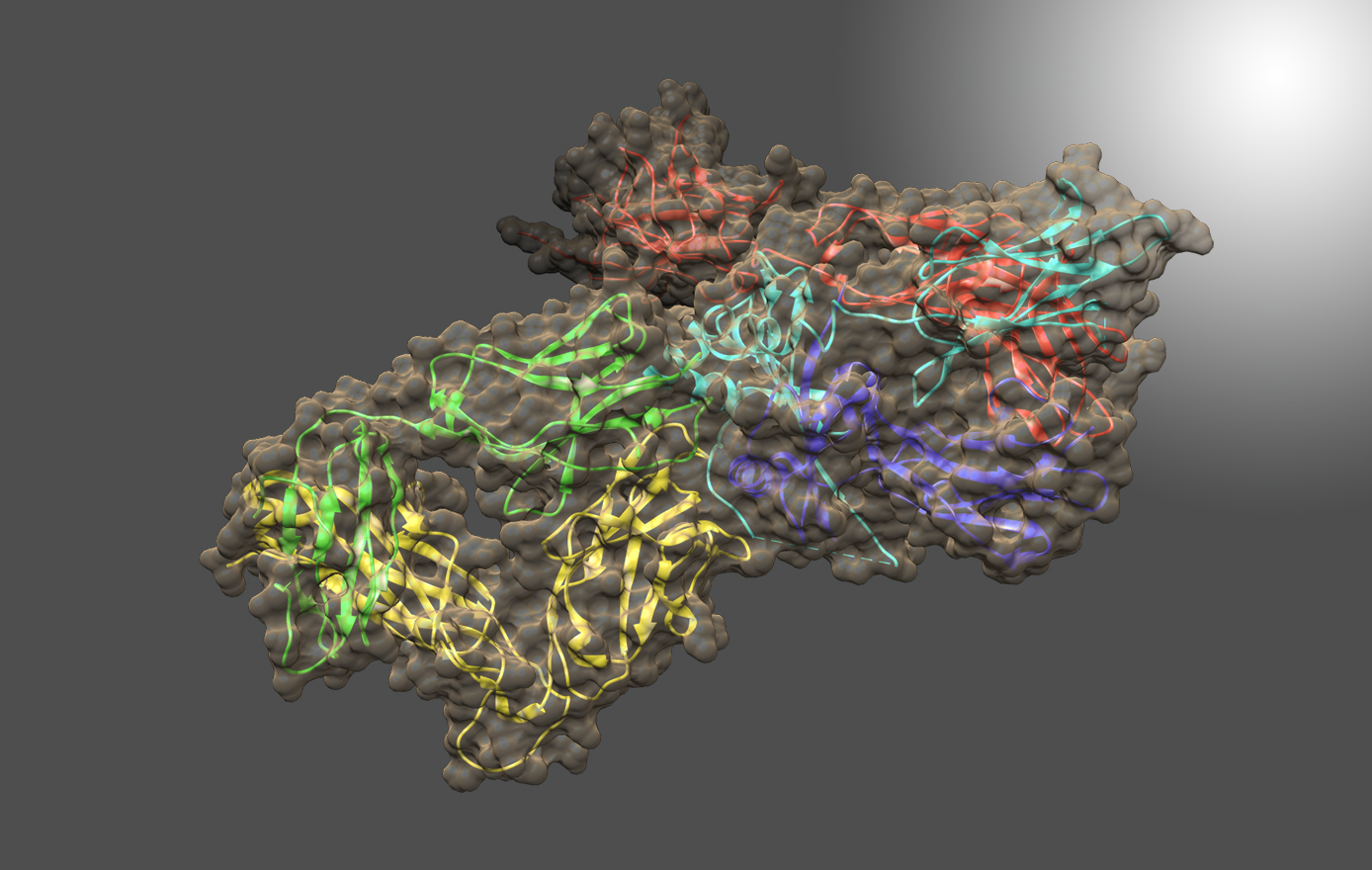NIST BMD/IBBR Seminar: The (R)evolution of Toxicology
Event Info
Event Details
Increasingly, the limitations of animal-based toxicology to predict human health threats are recognized. However, we also recognize more and more shortcomings of traditional (human) cell culture. These include cell identity, differentiation, genetic stability and mycoplasma infection as well as non-homeostatic and non-physiological culture conditions. The increasing pace of technological developments of modern cell culture and their integration leads to what is called “disruptive technologies”. The development of alternatives to traditional approaches for product development and safety assessment benefits from this. The creation of large toxicological databases (“big data”) and data-mining technologies (“artificial intelligence”) allow predictive computational approaches on a new scale. As an example, our new automated read-across (RASAR, i.e. read-across-based structure activity relationships) is given. At the same time, the combination of cell culture with bioengineering has led to a number of technologies to make cell culture more organo-typic, such as 3D culture, human stem cell-derived systems, perfusion, co-cultures, combinations with scaffolds and sensors etc.. Increasingly, they lead to “organ-on-chip” or even multi-organ “human-on-chip” solutions. By recreating organ architecture, homeostasis of the cell environment and organ functionality, these models mirror more closely the physiological situation. The example of our human iPSC-derived mini-brain is used to illustrate this. The commercial availability of organoids also improves standardization and reproducibility.
Such technological advances promise to be real “game-changers”. Combined with an increased mechanistic base of reasoning (e.g. Adverse Outcome Pathway concepts), Integrated Testing Strategies and evidence-based methods of data evaluation and integration, a revolutionary change for how we assess the biological effects of substances has been set into motion.
Join Zoom Meeting
https://umd.zoom.us/j/97377233515?pwd=RTFkeUJWZS9KOTVIOVpCZm1Dc2pFdz09
Meeting ID: 973 7723 3515
Passcode: 314519
One tap mobile
+13017158592,,97377233515# US (Washington DC)
+19294362866,,97377233515# US (New York)
Dial by your location
+1 301 715 8592 US (Washington DC)
+1 929 436 2866 US (New York)
+1 312 626 6799 US (Chicago)
+1 669 900 6833 US (San Jose)
+1 253 215 8782 US (Tacoma)
+1 346 248 7799 US (Houston)
Meeting ID: 973 7723 3515
Find your local number: https://umd.zoom.us/u/acoDKLwEo7
Join by SIP
97377233515@zoomcrc.com
Join by H.323
162.255.37.11 (US West)
162.255.36.11 (US East)
115.114.131.7 (India Mumbai)
115.114.115.7 (India Hyderabad)
213.19.144.110 (Amsterdam Netherlands)
213.244.140.110 (Germany)
103.122.166.55 (Australia Sydney)
103.122.167.55 (Australia Melbourne)
149.137.40.110 (Singapore)
64.211.144.160 (Brazil)
149.137.68.253 (Mexico)
69.174.57.160 (Canada Toronto)
65.39.152.160 (Canada Vancouver)
207.226.132.110 (Japan Tokyo)
149.137.24.110 (Japan Osaka)
Meeting ID: 973 7723 3515
Passcode: 314519
